Tips And Tricks To Maintain Your Vegetable Garden In Bromley
Posted on 28/05/2015
Best Tips To Maintain Vegetable Garden In Bromley
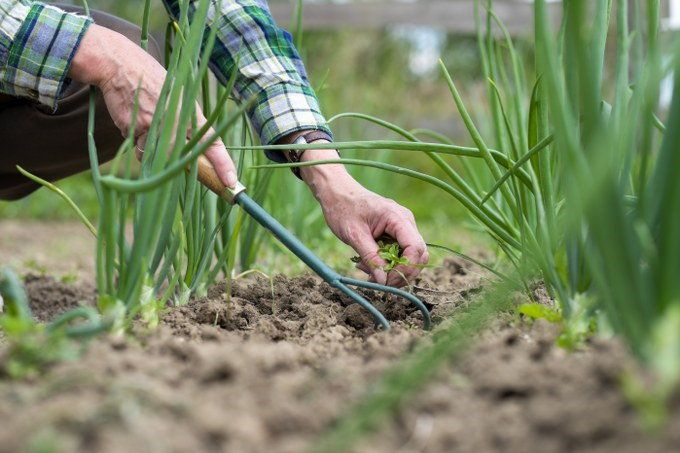
Maintaining your vegetable garden in Bromley can be time consuming and requires backbreaking work, but with a bit of common sense and some handy tips from the gardening experts, you can get amazing results on your dinner table without having to toil so hard over the garden.
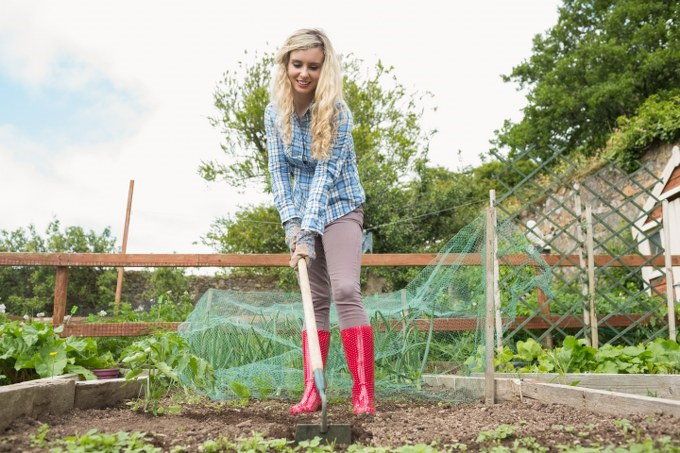
1. If you are a first time gardener in Bromley, BR1, then send a soil sample to be checked in the laboratory before you begin planting. Gardening professionals advise to have your soil tested during off peak seasons, such as winter (before the ground freezes over), when the labs are relatively free and can give your results back in a short time, leaving you with enough time to take action for the current growing season.
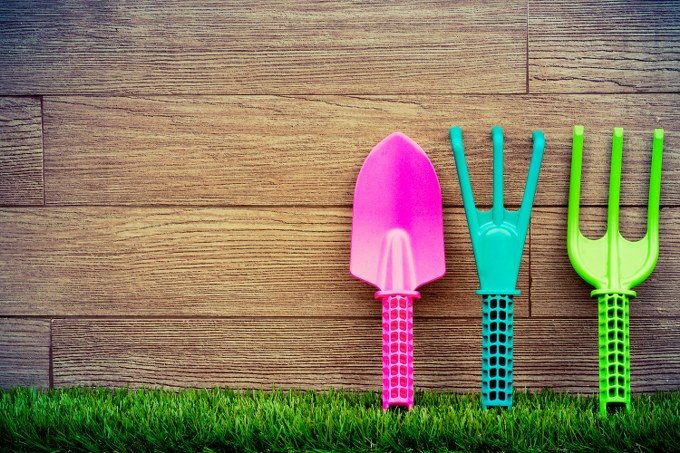
2. You might want to paint your gardening tools some bright colour other than green so that they are easily detected amidst the foliage.
3. Compost needs time to degrade and stabilize in the soil, so make sure you begin the process a few months before the planting season. Add the finished product to the vegetable beds two to three weeks before planting.
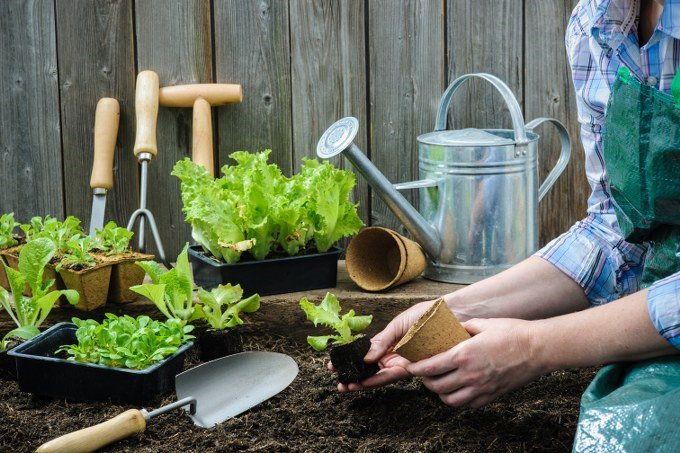
4. Since mulch absorbs water quickly, spread a few inches thick layer of it around each plant so that the low hanging vegetables do not get dirty from sprayed mud while you are watering. This will also help prevent the growth of weeds.
5. The best way to work the compost into the soil is to spread the layers of compost or shredded plant material over the vegetable beds in the late fall. You can also turn in the remnants of the harvest crops into the soil. Cover with a layer of leaves or spoiled hay and let nature do the work for you. The melting snow and soil living network in BR2 will mix the finished compost with the soil.
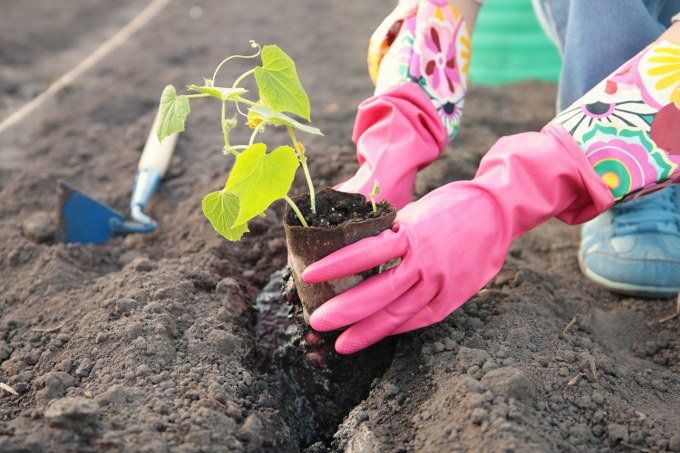
6. The easiest way to escape leaf clearance is to rake up the fallen leaves, then run them over with a mower and sprinkle the shredded bits over your vegetable garden for natural decomposition.
7. If you are short of space, you can use a vertical trellis or fence to grow vegetables on vines, such as melons, squash, cucumbers, and even tomatoes in your garden in the BR2 region.
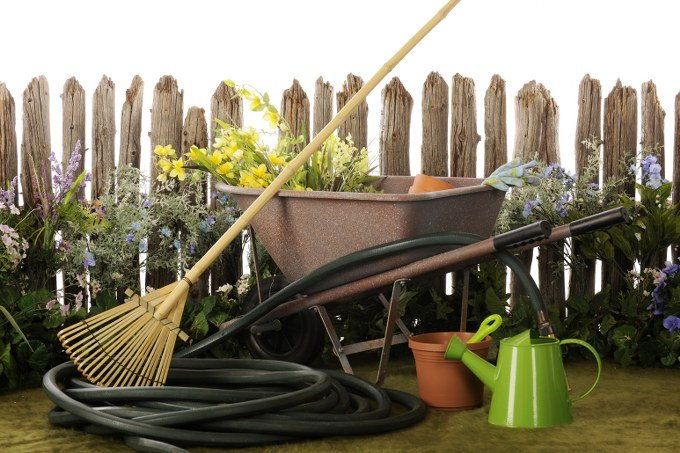
8. Earthworms are a gardener’s best friends so do what you can do encourage their population in your garden. This means that you will have to reduce chemical garden spraying and use natural and organic fertilizers instead.
9. Remember that when you are watering your garden, it is better to under-water than over-water. Most plants are resilient and can overcome drought better than flooding.
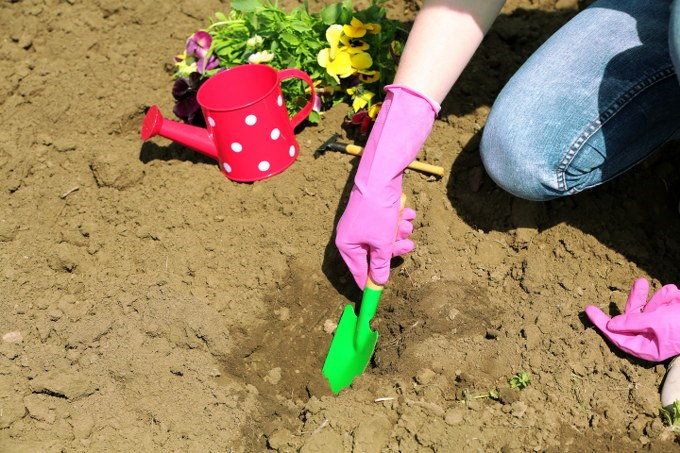
10. Always try to water your garden early in the morning so that moisture loss can be reduced. Also, fungal spores are more prevalent in high humidity levels, so early morning watering helps prevent mildew and other fungal diseases.
11. Before you plant new saplings, put a handful or two of compost in the hole before you stick the plant in. The compost will help retain more moisture in the soil and provide a boost to the growth of the plant all through the season.
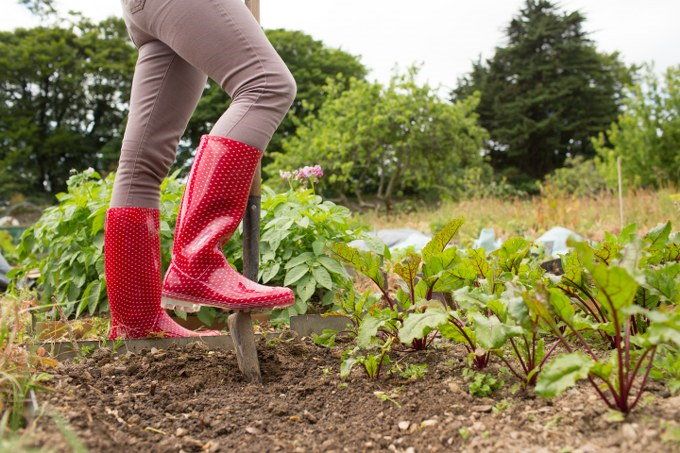
12. Planting garlic, onions, chives and chrysanthemums not only provides you something for the table but also helps to repel insects in the garden in Bromley.
13. If you want to have a vegetable garden in a short space, opt for garlic, leeks, shallots and herbs. They don’t require much maintenance or much room for growing roots and are thus perfectly suited for being container plants.
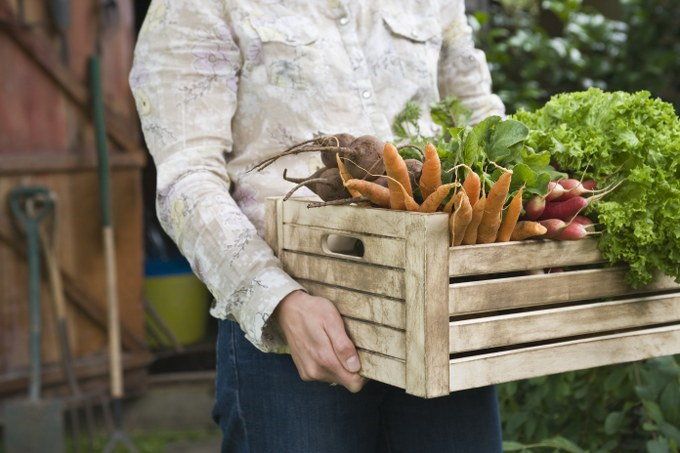
14. Remove garden vegetables as soon as they ripen otherwise there are chances that they might become infested by pests.
Latest Posts
Top Tips for Cleaning Your Patio and Paving Like a Pro
Easy Steps to Sharpen Your Garden Shears Without Leaving Home
Inspiring Concepts to Cultivate Your Own Zen Garden Sanctuary




